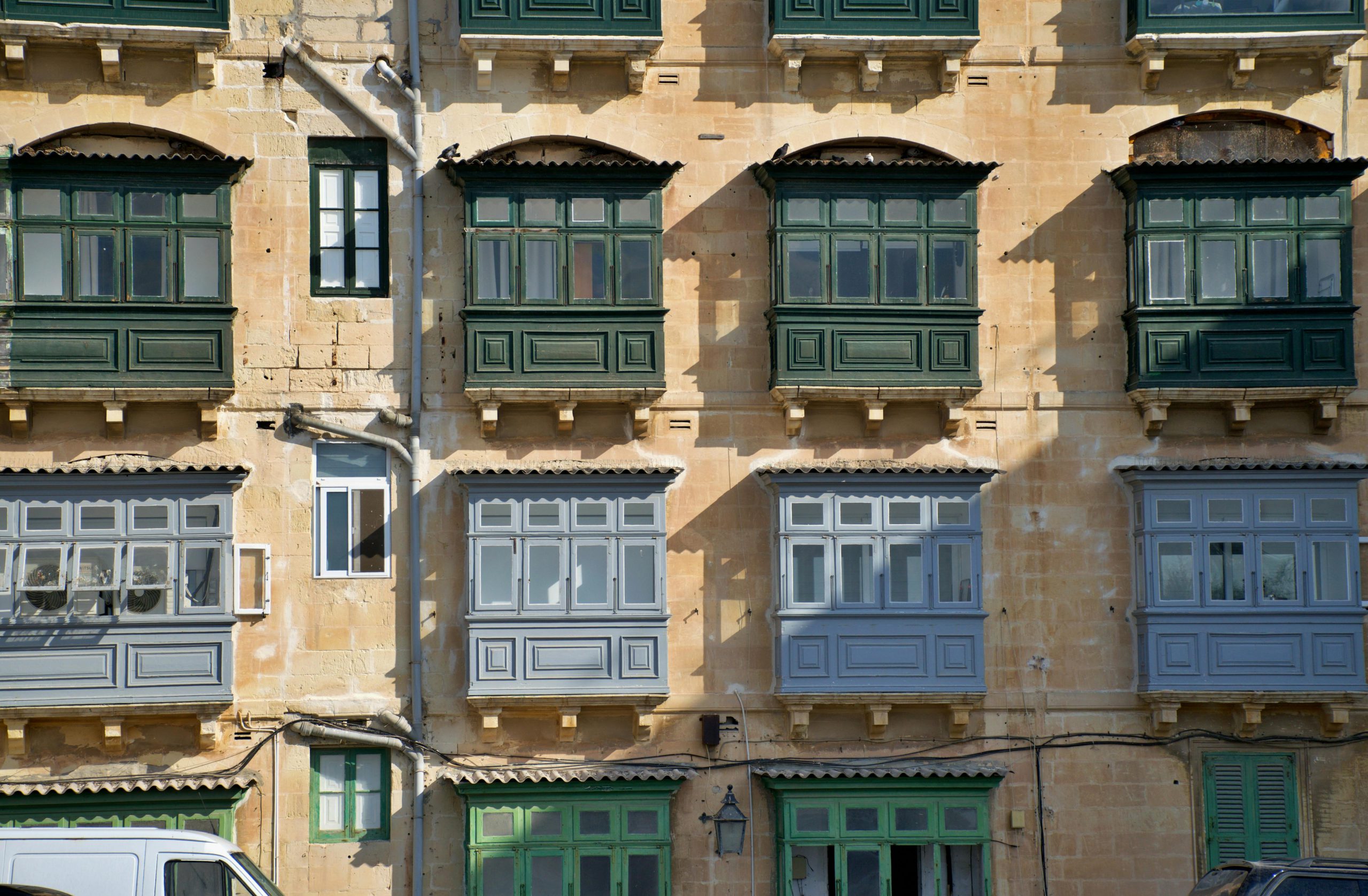The future of Malta’s Urban Conservation Area (UCA) property tax exemption has been thrown into doubt, with rumours circulating that the upcoming Budget might not extend this incentive.
Persons interested in purchasing a property in a UCA tell this newsroom that property agents are warning them that the popular tax exemption may only last until the end of the year. If the exemption is rolled back or eliminated, it could have significant implications for Malta’s real estate market, particularly in areas where older properties require significant investment to make them habitable.
BusinessNow.mt reached out to industry stakeholders who were unanimously in favour of its extension.
Michael Stivala, president of the Malta Developers Association, said “most probably it will be extended, but we have to wait for the budget”. Mr Stivala believes that this all might just be some gossip, and one will only get definite replies from the budget.
Steve Mercieca, co-Founder and CEO of Quicklets and Zanzi Homes, agreed that these are all rumours, and went on to say that “so far there is no indication if it will be extended or not. We really hope it will be extended as this is a popular scheme which incentivises purchasing older type properties in village cores, which in many circumstances require an additional investment to refurbish these gems of Maltese heritage.”
As details of the 2024 Budget are still under wraps, those looking to buy or sell UCA properties are left in a state of uncertainty. How the government navigates the delicate balance between fiscal responsibility and heritage preservation will be keenly watched in the coming weeks.
What is the UCA scheme?
The tax exemption on UCA properties, introduced as part of Malta’s broader efforts to preserve its architectural heritage, allows individuals purchasing properties within these zones to benefit from reduced or capital gains tax and stamp duty. This incentive was designed to rejuvenate older, often dilapidated buildings, encouraging investment in Malta’s urban cores while preventing urban sprawl.
Since its inception, the scheme has been instrumental in encouraging the restoration and conservation of historic properties in designated areas.
Why was the exemption introduced?
The main aim behind this policy was to protect Malta’s rich historical fabric. Urban Conservation Areas are typically situated in older parts of towns and villages, areas that showcase the island’s unique architectural heritage. The initiative seeks to enhance the character and appearance of the areas by preserving the island’s typical limestone buildings, colourful doors and wooden balconies.
Limits of the exemption
The UCA tax exemption came with its own set of limitations. To qualify, the property in question must be located within a designated UCA zone. Furthermore, the exemption only applies to the first €750,000 of the property’s value. Any excess beyond this amount is taxed at normal rates.
The Remarkable Collective welcomes Joseph Bonanno
Strengthening strategy and compliance with seasoned leadership
Malta-flagged ship hit by missile in Strait of Hormuz en route to Saudi Arabia
The Safeen Prestige was hit by a missile off the coast of Oman
Dubai airport’s 48-hour shutdown could have cost up to $1 million per minute
The airport is one of the world’s busiest aviation hubs






